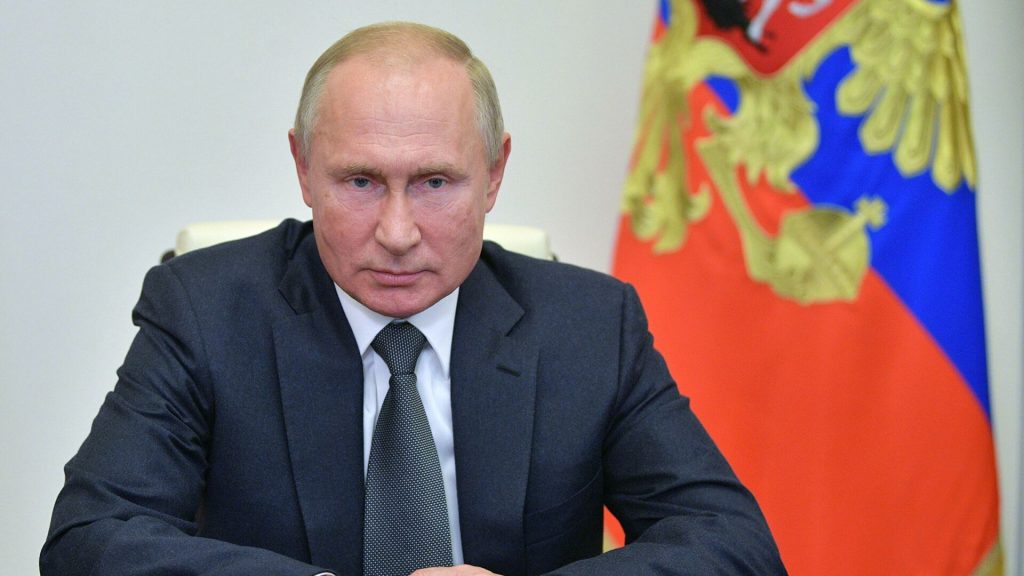
The murderous attack perpetrated on March 22 in the suburbs of the Russian capital swept away the image of omnipotence staged by the Russian president.
ladimir Putin’s re-election for a fifth presidential term on March 17, at the end of a travesty of an election, was intended to stage an image of omnipotence. That image was swept away less than a week later by the murderous attack on March 22 at the Crocus City Hall, a concert venue in Krasnogorsk, northwest of the Russian capital, in which civilians paid a bloody price.
On the morning of March 25, the death toll was still provisional at 144, making this the deadliest terrorist operation in Russia for some 20 years. It drew almost unanimous and unequivocal international condemnation, including from the Russian regime’s Western adversaries.
The jihadist organization Islamic State Khorasan Province (IS-K), named after the geographical area that once included parts of Iran, Turkmenistan and Afghanistan, claimed the attack. The claim was deemed convincing, at this stage, by those familiar with islamist terrorism. In 2021, the IS-K had claimed responsibility for the deadly attack on Kabul airport that had bloodied the chaotic withdrawal of the United States from Afghanistan.
Putin, however, refrained from making any reference to the group when he finally spoke on Saturday, after 18 hours of silence. Instead, he tried to establish a tortuous link with Ukraine, the country he has been trying to break for over two years, without going so far as to question Kyiv’s responsibility. The absence of any incriminating evidence makes this attempt at manipulation flabbergasting, especially for the bereaved families who have a right to the truth, a vain hope in the land of lies.
Counter-productive blindness
The attack, a reminder of the extent to which the jihadist threat is still present, including on European soil, contradicts the grand narrative developed over the years by Putin, according to which the confrontation with the West, described as decadent and aggressive, is the only existential challenge facing Russia.
You can share an article by clicking on the share icons at the top right of it.
The total or partial reproduction of an article, without the prior written authorization of Le Monde, is strictly forbidden.
This blindness is particularly counter-productive. We need only look at the regions of the world where jihadism continues to sow death after the eradication of its Middle Eastern sanctuary, as in the Sahel region of Africa, to see how much the obsessive focus on the opposition between Moscow and Washington – or Paris – serves the terrorist organization’s interests.
The March 22 attack was all the more humiliating for Putin given that the US had set aside differences over Ukraine to reach out and warn Moscow of an imminent terrorist attack. The warning was treated with disdain by the Russian authorities, to the misfortune of the victims.
For years, freedoms in Russia have been under relentless assault from a repressive apparatus led by an expert who built his popularity on the promise of a return to order. Dissenting voices, such as those critical of the recent aggression in Ukraine, have been tirelessly suppressed by all means. Russians might have hoped that the loss of their freedoms would at least be accompanied by protection against clearly identified, long-standing perils. The lesson of March 22 is, alas, that it is not the case.
